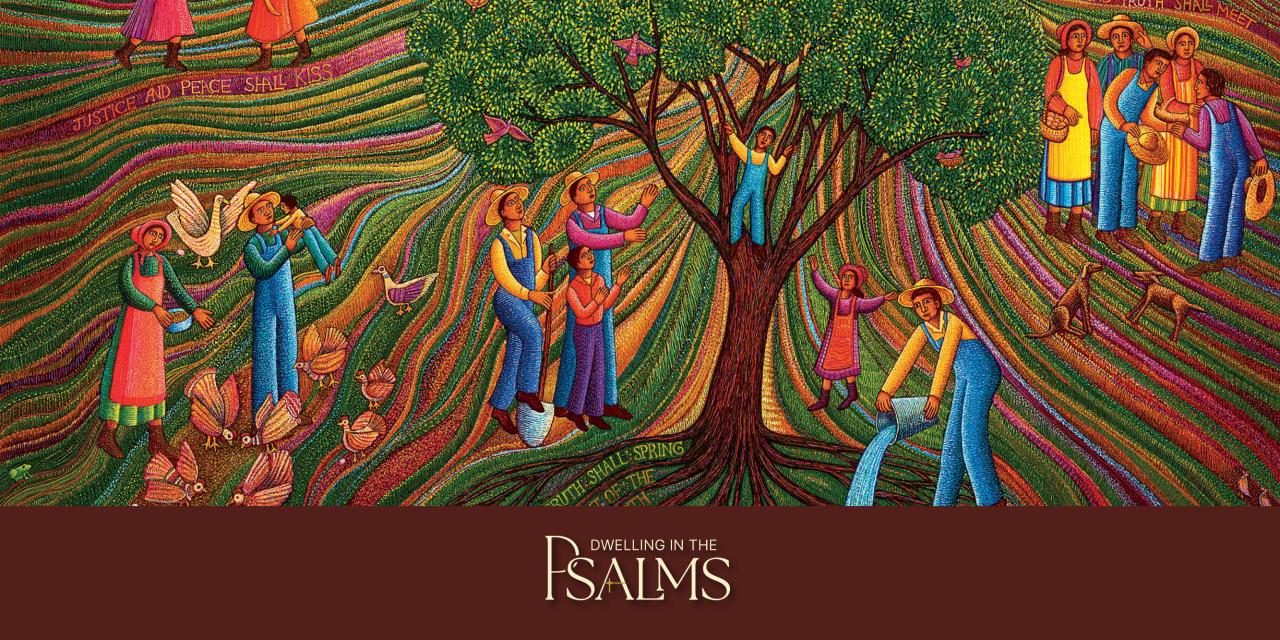CICW has awarded Vital Worship, Vital Preaching Grants for over 20 years to teacher-scholars and worshiping communities in 45+ states and provinces and across 40+ denominations and traditions—including Orthodox, Roman Catholic, Pentecostal, non-denominational, and other Protestant communities.
While worship styles and practices vary greatly across these traditions, the grant projects typically explore at least one of CICW’s ten core convictions related to worship. Explore the hundreds of projects we’ve funded across both streams of the program.
First Union Church
To develop intergenerational, scriptural worship through a series of seminars to help the congregation engage in the beauty, mystery, majesty and holiness of God using photography, music, and speaking.
Grace Community Christian Reformed Church
To incorporate the worshipping community in worship planning by creating a collaborative process for sermon development that includes learning the role of the sermon, reflecting critically on current practices, and taking part in the process of developing the sermon.
Greater Smith Chapel African Methodist Episcopal Church
To unite members of the congregation, worship leaders, and members of the community in a process that will deepen the understanding and experience of the Lord’s Supper.
Jubilee Fellowship Christian Reformed Church
To engage the congregation in a process that will deepen understanding of the seasons of the Liturgical Church Calendar through sermons, teaching and the creation of visual arts.
Kairos Community African Methodist Episcopal Church
To create a new communion liturgy in collaboration with two other AME churches through workshops and community meals that will deepen understandings of sacramental theology.
Kent Lutheran Church
To offer workshops that teach the congregation how art, color and light in the worship space engage members and visitors in worship that includes baptism and the Lord’s Supper.
Kittamaqundi Community
To explore with neighboring congregations the relationship between contemplative practice and Christian worship through art, poetry, multi-sensory practices and reflection.
Lutheran Music Program
To partner with congregations to develop a process that will support the authentic engagement of young people in congregational life.
Mars Hill Centre
To develop a worship experience for people who feel excluded from church worship experiences due to their mental health issues and to equip local congregations to receive and minister to them.
Neland Avenue Christian Reformed Church
To study Scripture and inspire collaborative composition of new music, poetry, art and devotional materials that will center attention on the promise and presence of the Holy Spirit’s work in and among his people.
New Community Fourth Reformed Church
To explore how worship can reflect the rich diversity of the community through a study of worship space, the Lord’s Supper, liturgy, language and music.
New Hope Covenant Church (2009)
To explore ways to bring cross-cultural music, dance, and written words more regularly into worship through hands-on training that will develop contextualized urban/multicultural intergenerational worship leadership.
